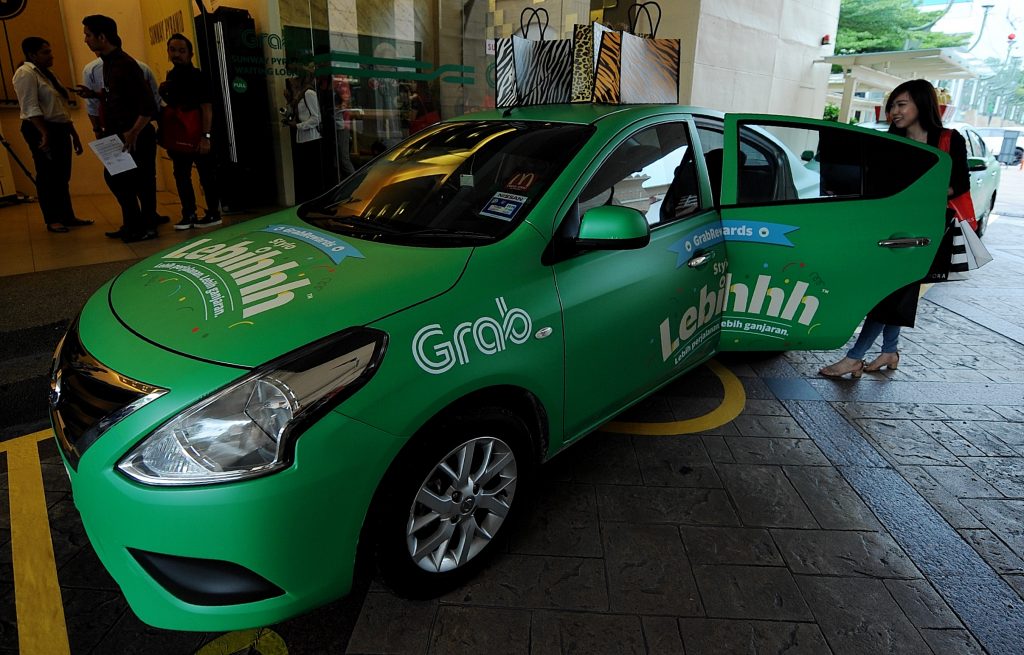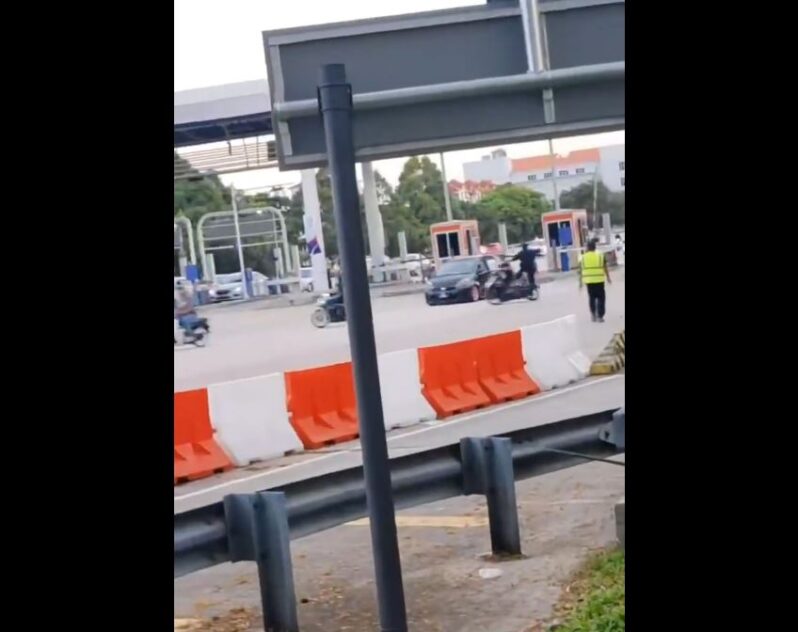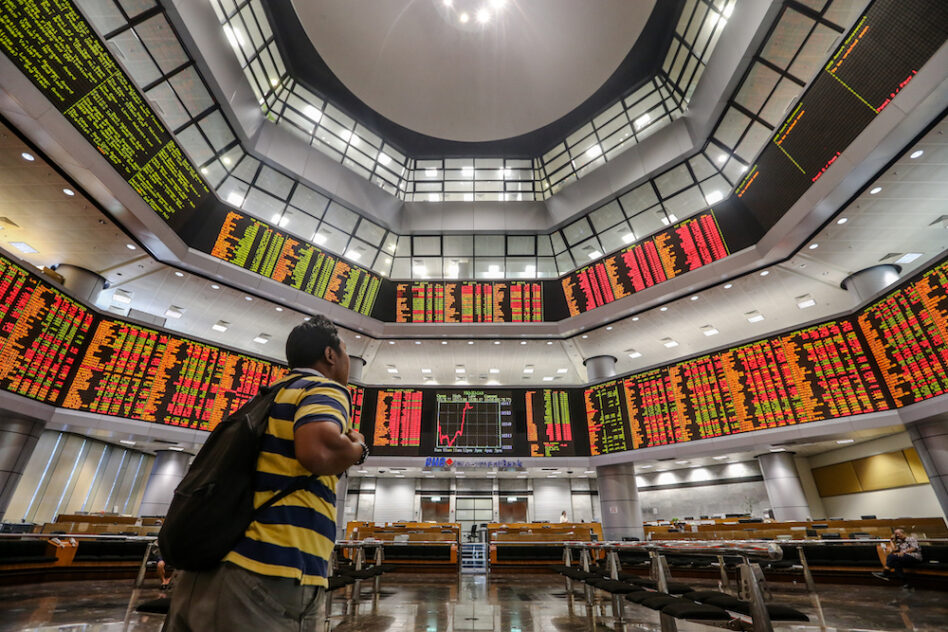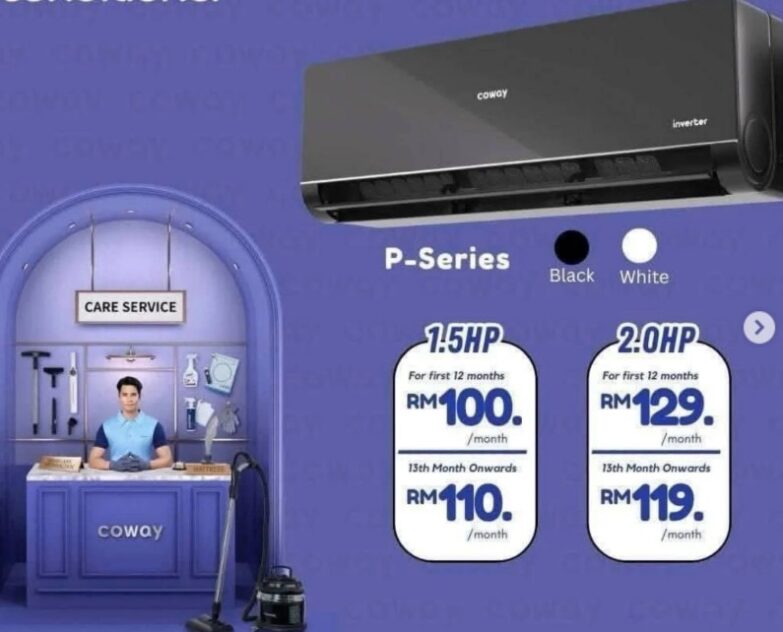WHILE Grab’s dominance in the Malaysian e-hailing market has revolutionised the country’s transportation industry, it has also stifled competition by limiting the opportunities for smaller companies to enter the market and challenge Grab’s dominance.
In this regard, lowering entry barriers for e-hailing companies in Malaysia could enhance competition and enabling the gig economy to create more opportunities for drivers and a wider variety of choices for customers, according to PKR Penang legal bureau and public complaints chief Jason Ong Khan Lee.
To reduce the barriers to obtaining a PSV license, the government could explore various options such as offering subsidies or devising an efficient licensing system. This would encourage more drivers to enter the e-hailing market and compete with established players such as Grab.

“Simplifying the licensing process for e-hailing drivers is a potential solution to consider. Currently, e-hailing drivers are required to obtain a PSV license which costs between RM70 and RM200 per application and imposes significant time and financial burdens,” opined the Kebun Bunga state assemblyman.
“While Grab’s website offers to cover RM80 of the PSV license fee, drivers still need to attend a six-hour course and bear the expenses of acquiring a PSV card and undergoing a medical check-up.”
Currently, there are 31 e-hailing companies in Malaysia, including Grab, MyCar, Dacsee, AirAsia Ride, Taxi Go, EZCab and Mula.
Despite the growing demand for e-hailing services, the industry remains heavily regulated, with high entry barriers that limit competition and innovation.
As it is, e-hailing companies in Malaysia are subjected to stringent regulations that include obtaining a Public Service Vehicle (PSV) license, commercial insurance and vehicle inspections.
These regulations are designed to ensure the safety and welfare of customers, but they also pose significant barriers to entry for new companies, particularly small startups with limited resources.
To mitigate entry barrier in terms of cost of technology development and maintenance – notably constructing state-of-the-art mobile apps, payment systems and mapping software – Ong said the government could consider providing subsidies, grants and tax breaks to new e-hailing companies to help cover such costs.
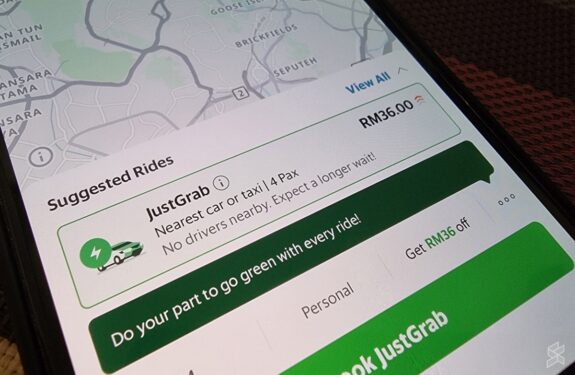
Above all else, he also called for the government to regulate the e-hailing industry to ensure fair competition and protect the interests of consumers and drivers.
“This could include measures such as setting a cap on commission fees charged by e-hailing companies, establishing a dispute resolution mechanism for drivers and passengers, and enforcing strict data protection and privacy laws,” he proposed.
Recall that the Malaysian Competition Commission (MyCC) had in 2019 proposed to impose a fine of RM86 mil on Grab for its unfair practices towards its drivers.
MyCC claimed that Grab had “abused its dominant position under Section 10 of the Competition Act 2010” to restrict its drivers from promoting other e-hailing platforms. However, this matter is still being challenged in court. – May 6, 2023


